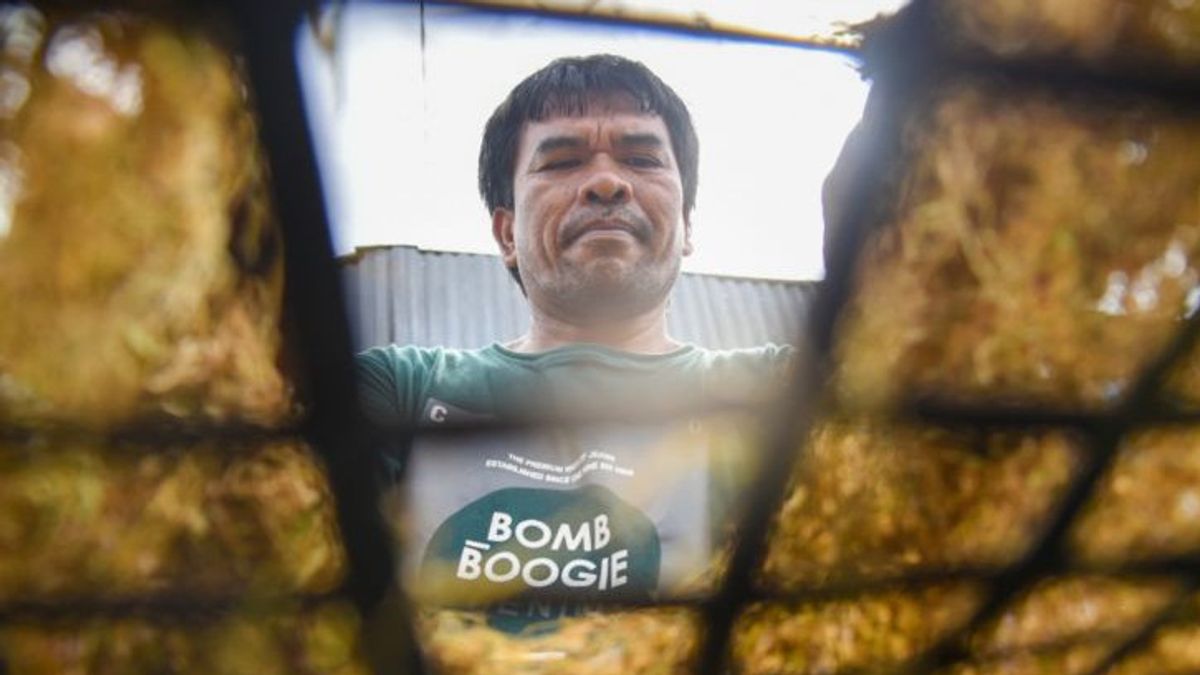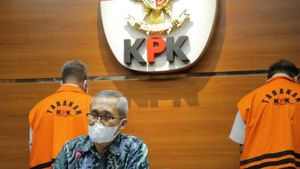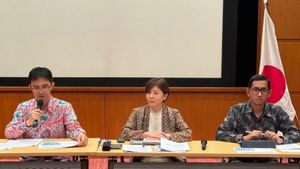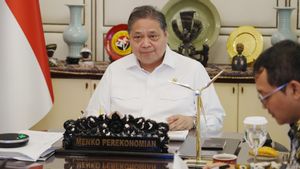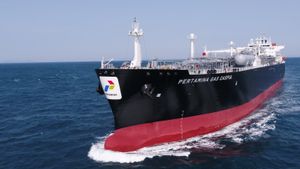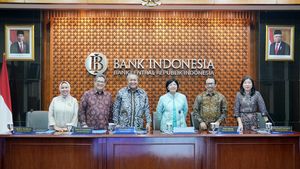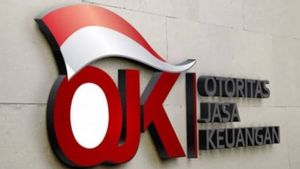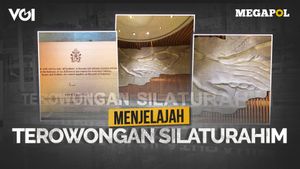JAKARTA - The government through the Ministry of Finance has set a policy of excise tariffs on tobacco products or CHT for 2022 with an average increase of 12 percent. This policy was set after a limited meeting with President Joko Widodo, Monday, December 13.
What about the excise rate on Beverages Containing Ethyl Alcohol (MMEA)? When confirmed, the Head of the Center for State Revenue Policy of the Fiscal Policy Agency (BKF) of the Ministry of Finance, Pande Putu Oka said that policies related to excise tariffs for this class of MMEA were still in the process of being discussed with relevant stakeholders. If it has been determined, the government will immediately announce it.
"So the MMEA excise rate is still in the process of being discussed with relevant stakeholders," said Pande Putu Oka in his statement, Wednesday, December 15.
He added, related to goods that have a high impact of externalities such as cigarettes and liquor, there could be an increase.
The MMEA excise tax has three categories, namely Group A, known as beer, Group B, known as wine, and Group C, known as alcohol. So the excise rate can be adjusted, especially since class B and C have never experienced an increase. Group A itself has undergone a tariff adjustment in 2019.
For your information, the MMEA excise rate has been adjusted in 2019. The government through Minister of Finance Regulation (PMK) 158/2018 concerning excise rates for ethyl alcohol, beverages containing ethyl alcohol, and concentrates containing ethyl alcohol, has made adjustments to the class A MMEA excise rate.
In the regulation, a tariff increase is given for MMEA class A with an ethyl alcohol content of up to 5 percent, from Rp13,000 per liter to Rp15,000 per liter.
Meanwhile, excise rates for MMEA classes B and C have never been adjusted since 2013, although data from the Directorate General of Customs and Excise shows that during 2013-2019, the average growth of MMEA classes B and C grew to double digits. On a CAGR basis during the six years, the volume of domestic class B and class C grew by 10.8 percent and 19.4 percent, respectively.
SEE ALSO:
In fact, in 2020, the volume of Domestic Group B was able to record an increase of 2 percent when the volume of other Groups was affected by the COVID-19 pandemic and decreased significantly, for example, the volume of domestic Class A which fell sharply by up to 41 percent.
"If you really want to increase state revenue from liquor excise, you can also increase liquor excise for all groups," said CORE Indonesia economist Piter Abdullah.
Because according to him, the government increased the excise duty expecting state revenues to increase, especially during the COVID-19 pandemic. Piter added that according to the principle of excise duty as an instrument to control the impact of negative externalities, this tariff adjustment should be accompanied by efforts to reduce consumption.
"Don't increase excise duty just to increase revenue, it means that it has changed from the purpose of excise duty," said Piter.
The English, Chinese, Japanese, Arabic, and French versions are automatically generated by the AI. So there may still be inaccuracies in translating, please always see Indonesian as our main language. (system supported by DigitalSiber.id)
